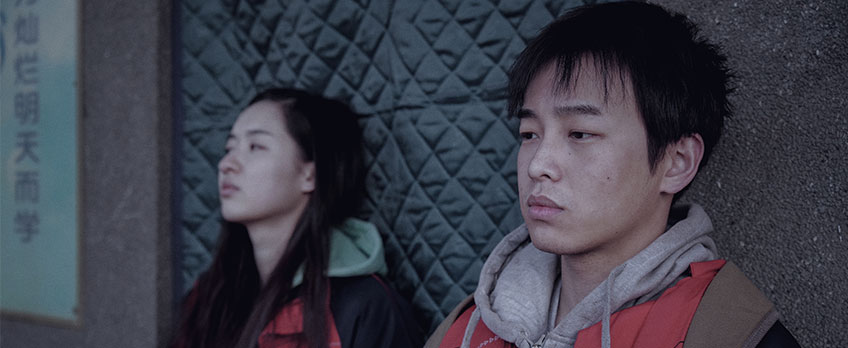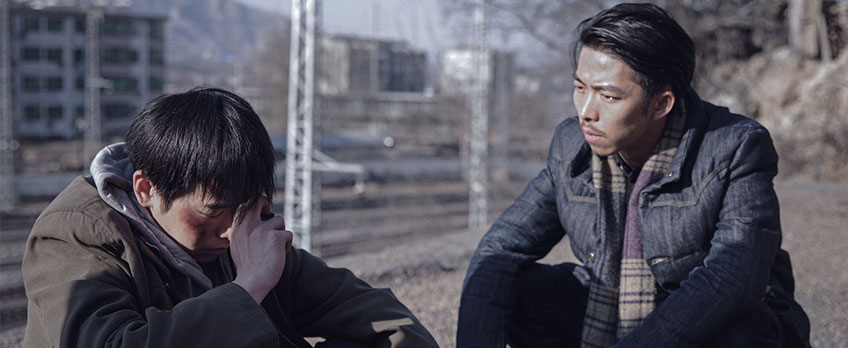An Elephant Sitting Still – “The World Is A Barren Field”

The first time I heard of the film was a few days after its debut at the Berlinale 2018. An interview article is spread over the Chinese media and tells us what happened on the day the director Hu Bo ended his life. Unsurprisingly, the reason why a 29-year-old, talented filmmaker chose to leave this world becomes an eternal puzzle. However, Hu reminds me a film line of Melville played the role of himself in Godard’s Breathless (1960), “To be immortal and then die”. For me, I believe that Hu’s one and the only film is the immortal incarnation for him; and certainly, an “immortal” film always bears the beliefs and visions of its director.
An Elephant Sitting Still opens with a monologue of a man telling a tale about an elephant in one of Manzhouli’s circuses just sitting there all day long. Later, the man watches his best friend jumping off the building and meets other characters – a teenage boy who is mistrusted by his family and mistrusts his friend; a young girl who can only finds a sense of comfort at the place of her vice chief of the high school; a decrepit soldier who is about to be sent to nursing home. This four-hour long film uses parallel narratives to unfold a normal day of four protagonists. These four people should not have connections with each other; yet as you know, life is unpredictable. And they later find out that they all want to go to see the elephant. The “elephant” tale also elicits how these characters react to a world that only rendered them loneliness and wretchedness.

From the dawn to the dusk, the sky of the city in which Hu’s characters live is tinted with a bluish-grey. Hu’s visual style leaves an impression of his short-term mentor Béla Tarr (The Turin Horse, MIFF 2011; Man From London, MIFF 2007; Werckmeister Harmonies, MIFF 2001). Some says that the film also bears the poetic eloquence of Andrei Tarkovsky (Nostalghia, MIFF 1985; Mirror, MIFF 1980; Andrei Roublev, MIFF 1974). We see others but also Hu as a unique auteur in this film. The film owns a brute, tenacious power that realistically reflects the ruthless society in which the director was stuck. The monochromatic colour scheme blurs the “time” and the exhausting day for the characters seems to never end. The sun does not come out from behind the smog; and the world is a barren field but there is no place for them to escape.
Even trapped in a nihilistic world, Hu’s protagonists are more dauntless than we can imagine and these four people do not yield to the easier routes that the world offers them. They’d rather exhaust themselves to scream out at least for a brief moment. Hu’s camera calmly records what the world looks like and how different people strive to live in it with their free wills.
Where the elephant sits is a utopian place that might take away all the wretchedness from their lives. Both Hu and his characters know that there is no different at other places and the world is hopeless. But they still set forth on the journey they believed in and for the first time, they cast aside the society. The original title of the film was the “Golden Fleece”, standing for the spirit of venture and dauntlessness as well as the bravery of pursing the ideal and happiness. Hu traded his life for the golden fleece and entrusted it to his characters. And I hope that they have arrived in Manzhouli and see the elephant sitting still.